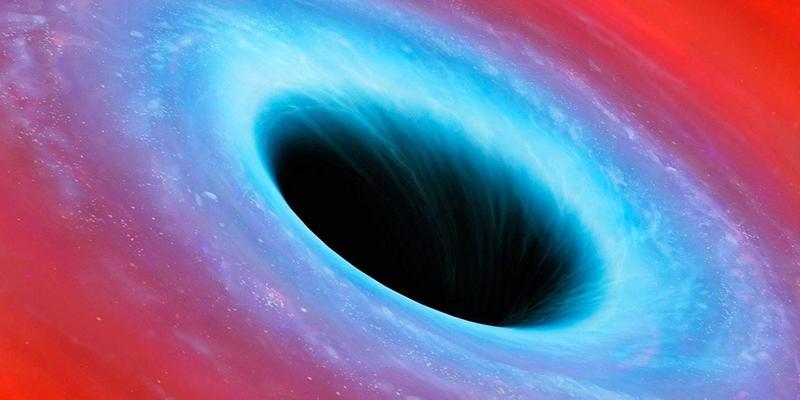Scientists Have Discovered What Existed Before The Universe
Scientists Have Discovered What Existed Before The Universe
There are many scientific and non-scientific varieties of the answer about what came before Big Bang. Some say there was literally nothing and some say a black hole or a multiverse. But now a group of mathematicians from Canada and Egypt have analyzed some cutting edge scientific theory and a complex set of equations to find what preceded the universe in which we live. Their research paper has been published in Nature Journal.
To explain it in simple and easily understandable terms; they applied the theories of the very small i.e. the world of quantum mechanics, to the entire universe - explained by general theory of relativity, and discovered the universe essentially goes through four different phases.
More importantly they discovered what came before this universe was… Another universe or more accurately another ‘cosmological phase’.
Despite being infinite in size our universe is cyclical and has always existed in one of four stages.
The universe is expanding, and the expansion is speeding up, but the team believes that certain modification motivated by quantum mechanics will ultimately halt the expansion and pull the whole lot back to a near infinite point – at which stage the universe will start expanding again.
The paper, called “Non-singular and Cyclic Universe from the Modified GUP”, written by Maha Salah, Fayçal Hammad, Mir Faizal, Ahmed Farag Ali, is super complex but Prof. Mir Faizal outlined the main points of this paper.
According to him they have incorporated quantum mechanical effects in cosmology using an approach called the modified GUP.
This approach changes the equation for cosmology in a very interesting way. It predicts four distinct phases for our universe - the present phase of the universe being just one of those phases.
There is a phase before the big bang in this cosmological model, and it is possible to know about that phase of the universe by studying the physics of present phase of our universe.
Professor Mir Faizal said:
In our cosmological model the universe did not start with the big bang, but there was a phase transition from one phase of the universe to another.
This is possible because the universe can exist in four different phases, like ordinary water can exist in three different phases. Just as we can know about the properties of ice, by studying water which has formed from it, we can know about pre big bang cosmology by studying the physics of this universe.
In their model they have been able to study the pre Big Bang state of the universe. The equations in their model predict that the expansion of the universe will come to a halt and then will immediately be followed by a contracting phase.
Prof Mir added:
When the equations are extrapolated beyond the maximum rate of contraction, a cyclic universe scenario emerges. “Other cosmologists have suggested a big bang and big crunch scenario – but those model have singularities. Singularities are bad in physics as they indicate a place where the laws of physics breakdown, and at such places one cannot use physics to get meaningful results.
This new cosmological model does away with such singularity. The big bang singularity can therefore also be avoided by using the modified GUP-corrections to the cosmology.
In their cosmology model, the cyclic nature of the universe occurs as a result of incorporating quantum effects into a cosmological model of the universe.
Prof Faizal explained that even though there are many different mind-bending approaches to quantum gravity, like string theory and loop quantum gravity, what most of these different approaches have in common is that there is a minimum length below which space does not exist.
Many of these approaches also predict that there is also a maximum energy and no object in the universe can have an energy beyond that maximum energy.
They research team incorporated the effect of having a minimum length and an maximum energy into a cosmological model, and then they ended up with a cyclic universe.
Asked about the philosophical and even possible theological implications of his work Prof. Mir said:
No one draws any philosophical or theological implications of a finite or an infinite spatial dimension, and time is just another dimension, so why should it be treated any differently.
In any case, I do not believe in a God of gaps, with big bang being a big gap, but in a God who made the mathematics describing reality so perfect that there are no gaps, not now and not at big bang.
via Physics & Astronomy
Be the first to post a message!
